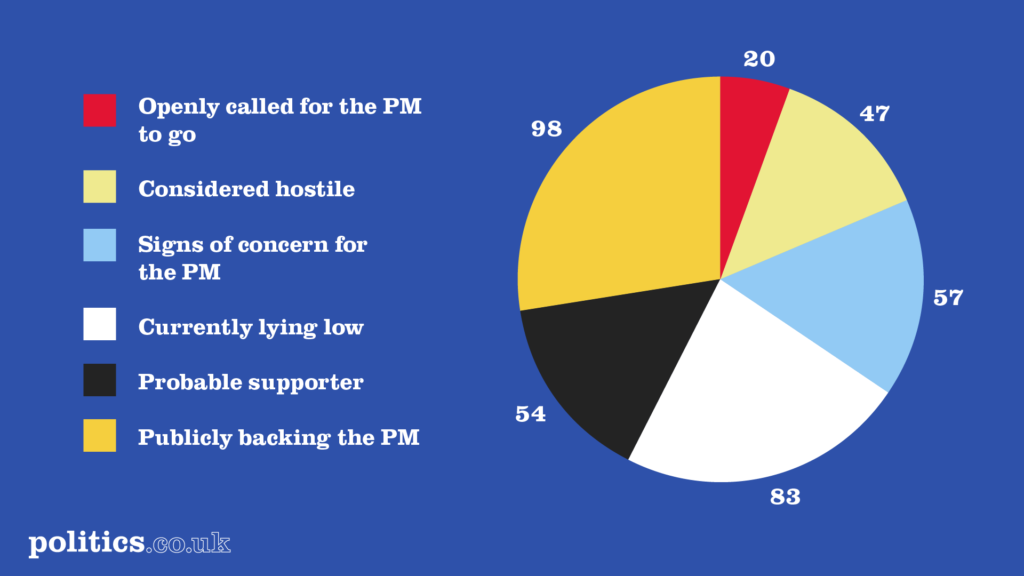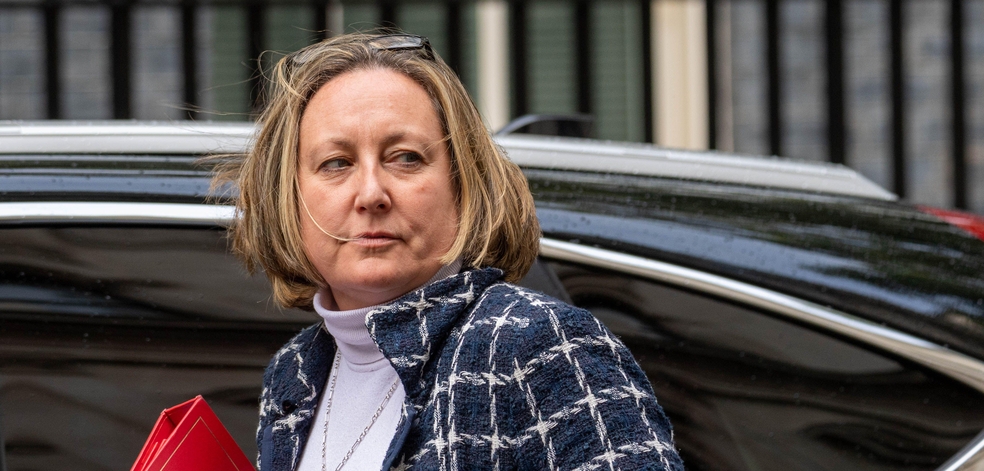What is capital punishment?

The death penalty is currently in operation in 56 countries around the world.
Capital punishment is the use of the death penalty by the state.
There are various methods of enforcing the death penalty. The most widely used Western techniques are hanging, lethal injection, and electrocution through an electric chair. However stoning, beheading, public execution, and shooting are still used in some parts of the world.
The punishment is typically reserved for only the most heinous crimes such as murder. It is though variously used in some countries in relation to drugs offences, treason, and homosexuality.
The use and legality of the death sentence has been in steady decline since the turn of the 20th Century, but many countries retain the penalty.


Although now abolished in the UK, several Commonwealth jurisdictions still have the death penalty for capital murder and the Judicial Committee of the Privy Council in London remains the final court of appeal for these cases.
Where is capital punishment legal?
There are currently said to be 56 countries in the world that retain the death penalty as an active part of their criminal justice system. These countries are:
Afghanistan, Antigua and Barbuda, Bahamas, Bahrain, Bangladesh, Barbados, Belarus, Belize, Botswana, Chad, China, Comoros, Congo, Cuba, Dominica, Egypt, Equatorial Guinea, Ethiopia, Gambia, Guatemala, Guyana, India, Iran, Indonesia, Iraq, Jamaica, Japan, Kuwait, Lebanon, Lesotho, Libya, Malaysia, Nigeria, North Korea, Oman, Pakistan, Palestinian Authority, Qatar, Saint Kitts and Nevis, Saint Lucia, Saint Vincent and Grenadines, Saudi Arabia, Singapore, Somalia, South Sudan, Syria, Taiwan, Trinidad and Tobago, Uganda, the United Arab Emirates, and the United States of America, Vietnam, Yemen and Zimbabwe.
According to Amnesty International, in 2019, there were 26,604 death row inmates in prison around the world.
China is thought to be the largest state executioner in the world undertaking many thousand executions each a year, albeit its figures are hard to verify as China labels the data as a state secret.
In America, 29 US states still possess the death penalty. In 2020, the United States under took 17 executions, down from 22 in 2019.
When was capital punishment abolished in the UK?
In the 1500s, eight capital crimes were formally defined, including treason, petty treason, murder, robbery, larceny, rape and arson.
Under the Murder Act 1752 a person convicted of murder was to be hanged within 48 hours. Public hanging was ended by the Prisons Act of 1868. The Children and Young Persons Act 1933 prohibited the use of the death penalty for anyone aged under 18 at the time of their offence.
In April 1948, the House of Commons voted to suspend capital punishment for five years, but this decision was overturned by the House of Lords.
In 1965, the Murder (Abolition of Death Penalty) Act abolished capital punishment for all offences, except treason, piracy with violence and arson in Royal Dockyards, all of which remained capital crimes. This was confirmed in 1969, after a quinquennial review of the law.
The Human Rights Act 1998 incorporated the European Convention on Human Rights (ECHR) into UK law, banning capital punishment for murder except “in times of war or imminent threat of war”.
In January 1999, the then Home Secretary Jack Straw signed the Sixth Protocol of the ECHR, formally abolishing the death penalty in peacetime and in December that year, the Government ratified the Second Optional Protocol to the International Covenant on Civil and Political Rights (ICCPR). This was followed by ratification of Protocol 13 in 2002, thereby totally abolishing capital punishment in the UK, including during times of war.
Debates around the death penalty
The death penalty is felt by many to be a violation of the right to life guaranteed by the European Convention of Human Rights and the International Covenant on Civil and Political Rights.
On an ethical level, capital punishment opponents argue that the death penalty is little more than state-sponsored murder, which is as morally reprehensible as the crime itself.
There are also concerns about the irrevocable nature of capital punishment, given the potential fallibility of the criminal justice system. The wrongful conviction and posthumous pardons of individuals such as Derek Bentley (in 1998) illustrate the problem. Albeit that the evolution of forensic science and the use of DNA evidence are obviously new relative to the period when the death penalty was in operation.
For many years, the death penalty enjoyed widespread public support in the United Kingdom, and the public was considered out of kilter with the political class, who remained opposed to its reintroduction. However in recent years that support has waned somewhat. Nonetheless a yougov poll in 2014, showed the public still to support the reintroduction of the death penalty by 45% to 39%.
Those in favour of capital justice, frequently couch that support in terms of a perception of natural justice when it comes to the crime of murder. It is also argued that capital punishment has a deterrent effect and that this is the most effective form of deterrent available within the criminal justice system. By deterring murder, proponents argue that the death penalty can save innocent lives.
Although the arguments involved are hotly disputed, with split public opinion, the death penalty has very limited support indeed amongst Members of Parliament. In practical terms, it is considered virtually inconceivable that capital punishment could now return in the United Kingdom.
https://pukdevelop.wpengine.com/comment-analysis/2011/08/01/comment-how-to-defeat-the-argument-for-capital-punishment-in-30-seconds/
https://pukdevelop.wpengine.com/comment-analysis/2013/12/10/comment-we-support-the-death-penalty-because-we-feel-compassion-for-mankind/
International campaigns on capital punishment
In November 2010, the UN General Assembly renewed its call for a moratorium on the use of the death penalty.
Whilst noting ongoing national debates and regional initiatives on the death penalty, the UN called upon States to restrict the use of their death penalty laws, to reduce the number of offences for which it may be imposed, and “to establish a moratorium on executions with a view to abolishing the death penalty”. States that had abolished the death penalty were called on not to re-introduce it. A draft resolution was approved by a vote of 107 in favour to 38 against, with 36 abstentions.
The Conservative – Liberal Democrat Coalition government launched a new strategy on the ‘Global Abolition of the Death Penalty’ in October 2010.
Its stated goals were: to further increase the number of abolitionist countries, or countries with a moratorium on the use of the death penalty; further restrictions on the use of the death penalty in retentionist countries and reductions in the numbers of executions; and to ensure EU minimum standards are met in countries which retain the death penalty.
The Government at the time said it intended to work to achieve these objectives through three main channels; bilateral initiatives, the European Union, and the United Nations. The Conservative Foreign Office minister Lord Howell acknowledged that a number Commonwealth countries still retained the death penalty. He agreed this was “very worrying” and said the Government would seek to expand work on abolition in that particular area.
https://pukdevelop.wpengine.com/news/2013/03/18/uk-presses-us-over-death-penalty/
Quotes
“Abolition of the death penalty is an area that the Government is keen to emphasise and put at the forefront of its human rights agenda.” – Foreign Office minister Jeremy Browne, launching the first meeting of the Death Penalty Expert Group – 2011
“Amnesty International opposes the death penalty because it is a violation of two fundamental human rights, as laid down in Articles 3 and 5 of the Universal Declaration of Human Rights: the right to life, and the right not to be tortured or subject to any cruel, inhuman or degrading punishment”…”The death penalty is the ultimate cruel, inhuman and degrading punishment. It is irrevocable and can be inflicted on the innocent. It has never been shown to deter crime more effectively than other punishments.” Amnesty International.
https://pukdevelop.wpengine.com/comment-analysis/2013/04/12/comment-death-penalty-is-being-consigned-to-history-but-there-is-still-work-to-be-done/



















